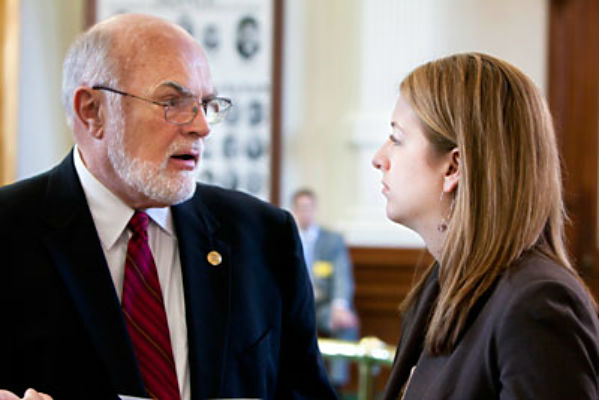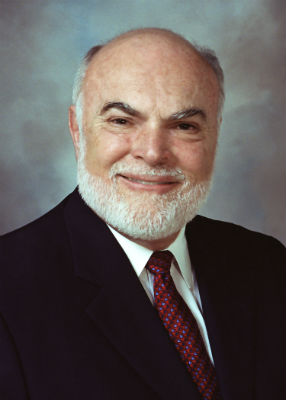
Press release from Sen. Robert Nichol’s Office
March is always a busy month in the Capitol as many families, students and teachers make their way to Austin during their spring breaks. We enjoy seeing everyone, but there is, of course, no spring break for legislators as final bills are filed and committee agendas are full of potential legislation.
Five things that happened this week at your Texas Capitol are:
Bill Filing Deadline
Friday, March 8th was a very important day at the Capitol: bill filing deadline. Each legislative session is 140 days long, and the 60th day is always the last day to submit bills. The following 80 days are used to discuss the bills that have been filed in committee, allow them to be brought up in the House and the Senate, and, ultimately be signed by the Governor. Of course, very few bills make it successfully through this process to become law and the system is designed this way on purpose. The writers of the Texas Constitution envisioned a society with small government and little encroachment on citizens’ rights by elected officials. Many years later, their vision is still being fulfilled.
Mental Health First Aid Training
I recently coauthored SB 955, a mental health first aid bill which is already receiving broad support in the Senate. This measure would provide grants to each of Texas’ 39 Local Mental Health Authorities (LMHA) to train teachers and others as Mental Health First Aid trainers to respond to youth and other individuals who have a mental health problem or are going through a personal crisis.
Participants will learn how to assess risk, listen to and help the individual in crisis and point the individual to professionals who can help. Teachers who choose to go through the training can do so at no cost, and the 12 hours of the program can be counted toward their continuing professional education hours already required by the Texas Education Agency (TEA).
However, in addition to teachers, the bill also provides for many other community members to be able to go through the program if interested, such as police officers, religious leaders, health care workers, and others who often interact with youth. The Department of State Health Services would be required to submit an annual report on the program to the legislature for its review.
Mental health needs are something our entire country is very concerned about right now, and I am proud to be a part of helping teachers and other professionals be trained to recognize warning signs and then know how to intervene.
Medicaid Fraud Workgroup
A focus of this legislative session has been curbing Medicaid fraud, and this week I attended a workgroup hosted on the subject to allow stakeholders to discuss the issue. Representatives from the Attorney General’s office, the Health and Human Service Commission, doctors, lawyers, and others gathered and shared their experiences, frustrations, and suggestions.
It has always been my opinion that getting a group of people face to face to talk about a shared problem can yield many benefits, and I think this meeting definitely moved us closer to reaching a solution everyone can appreciate.
State of the Judiciary
Each session the Chief Justice of the Texas Supreme Court addresses a joint session of the Texas House and Senate to give the State of the Judiciary address. On Wednesday, Chief Justice Wallace Jefferson called for several reforms including the creation of an Innocence Commission. The commission would be tasked with examining each case of wrongful conviction in the state to assess causes and establish reforms for the future. As Chief Justice Jefferson stated, “Wrongful convictions leave our citizens vulnerable, as actual perpetrators remain free.”
Texas Forestry Day at the Capitol
Wednesday was Texas Forestry Day at the Capitol. The members of the Texas Forestry Association represent an industry important to East Texas and the whole state. Generating jobs for more than 166,000 Texans, the industry has a more than $33 billion impact on the state. Representatives from all over East Texas were in Austin to advocate for the industry and the important service it provides to the state both economically and ecologically. Each year, the industry plants 100 million tree seedlings, about four trees per Texan.

